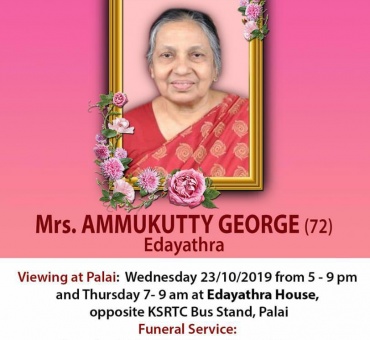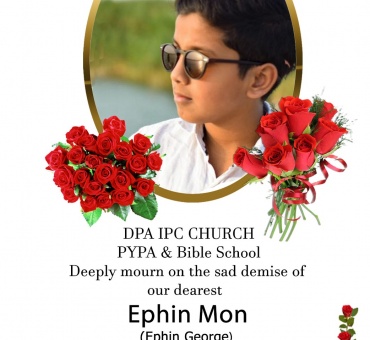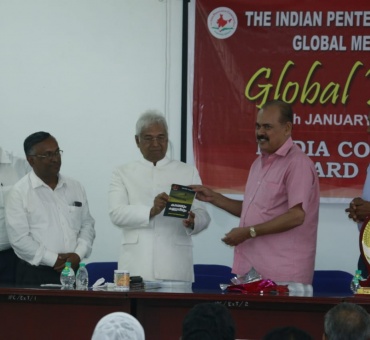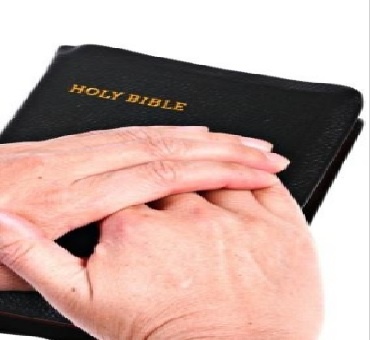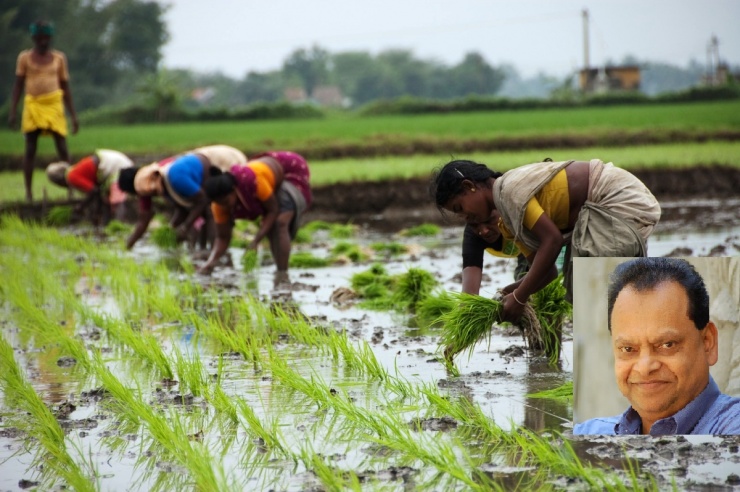
The tribal women are not only being exploited by unreasonable traditions, but they are also being exploited by the outside world. Although the husband has the leadership and control in the household, the women carry a great chunk of the responsibilities. The husband is actually buying them by paying the bridal price to take care of the household. The tribal girl’s childhood is a life of misery. From their early childhood they start working in the farm as a laborer for a relatively small wage. Most of them never get a chance to go to the school. Their duties include gathering the firewood, fetching water and preparing food. When they marry all these jobs are waiting for her at her husband’s house; plus in many cases she has to go and work for daily wages.
Most of the Kurichiya families are joint families. The daughter-in-law is responsible to do all the chores in the house. If the husband dies, she has no rights there; she has to go to her father’s house with the children. The Kurichiya tribe believes that if the first child is a girl, with the birth of the third child the mother will die. Usually the husbands will divorce such a wife. If the wife is barren the husband can get a divorce. They consider barrenness as a curse. The second wife will get a higher position than the first wife. They believe that difficulties the women experience during the delivery of a child is because she was not a virgin. If the witch doctor reveals this they will be excommunicated from society. There are many such Kurichya women in Wayanad, and some of them have become Christians.
The suffering the teenage tribal girls endure during their menstruation is unbearable. During this time for at least 7 days they have to live in temporary huts made with plantain leaves and straw. The hut is so small and they can hardly stand. The Adiyar women when they give birth to a child for 30 days they have to live alone in such a hut. Kattunaicka women have to live there for 21 days.
Over and above all these sufferings the tribal women suffer exploitation and disgraceful attacks from the outside world. In Thirunelli, Wayanad alone it is estimated that there are 300 unwed women, some of them as young as 13, and they are struggling to survive. Thirunelli is the largest revenue village in Wayanad District with a population of 24,000, largely consisting of tribes from 120 settlements. A number of cases of such children being born out of wedlock surface when they are brought to register in the public school. In June this year, when schools reopened, 16 such children were added to the rank of ‘fatherless’. Most of their mothers are victims of seduction or one-night stands. When a radical Naxallite movement took Wayanad by storm in the 1970s, Thirunelli became the major center for the Naxallite activities. The police ruthlessly suppressed the armed insurgence of the tribal people in response to feudal oppression. Headed by the notorious DGP Jayaram Padikkal, the cops let loose a reign of terror, ravaging the hamlets, pillaging the tribal habitats and raping their women. The unwed mothers of Thirunelli are a cursed legacy of that tumultuous era. The policemen deployed to check the radical activities were mainly responsible for creating the new tribe of unwed tribal mothers and their children of a miserable lot. C.K.Janu, the leader of the Tribal Coordination Committee says within the last few years at least two dozen children of the unwed mothers have been killed within a few days after birth. One of the brutal practices to kill these infants is to put some grains of rice before husking into the mouth of a newly born. In that way they get rid of the evidence.
In most cases, non-tribal men entice them with false promises of marriage. Tribal girls recruited as casual laborers in tea and coffee estates are sexually abused by their masters and fellow workers. Once they get pregnant, they are forsaken. Many of these women are forced into prostitution for survival.
One young man enticed a 14-year tribal girl saying that he will marry her and took her to Mysore and sold her to a brothel ring for one thousand Rupees. She has a mother who was divorced by her husband, and three younger sisters and one brother. It was the poverty of this family that forced her to go along with this young man. Before she completed her first grade she was staying in a house and working to support her impoverished family. After two months of terrible experiences she narrowly escaped.
Another Kurichya woman, the mother of one child came to Pozhuthana looking for work and she was kidnapped. Five people rapped her for one week and then released her. Another Adiya unmarried girl was forced to do abortion five times and she became unconscious.
Thus many are the stories of exploitation among the Tribals of Wayand. Over the years they have been exploited by many who addicted them to alcohol, dispossessed them of their lands and sexually abused their women. Adivasis, once a majority in the hilly Wayanad region, have shrunk to a minority, and now constitute only 17 percent of the total population of the district. In Janu’s words “the settlers have taken over our lands, turned our men folk into drunkards and desecrated tribal women. We have to declare self-rule for our self-protection, to prevent more fatherless children from being born. An Adivasi colony is not a brothel for outsiders to come and go.” I think the tribals of Wayanad remains one of the greatest challenges to the Church. There are few individuals and organizations working to reach them with the gospel, but we need to open our hands and heart to these people. Our mission center is a safe haven for such abused people. We do provide free counseling for such people. (Obligation to: “Wayanad Reghakal” by O.K.Johnny and “Unwed Mothers of Wayanad” By M.P.Basheer.)This Chapter is taken from Dr.Kunjumon Daniel’s latest Book “Anthroplogical Insights About The Tribals Of Wynad” For Copies Please Contact.Email. dkunjumon@hotmail.com




